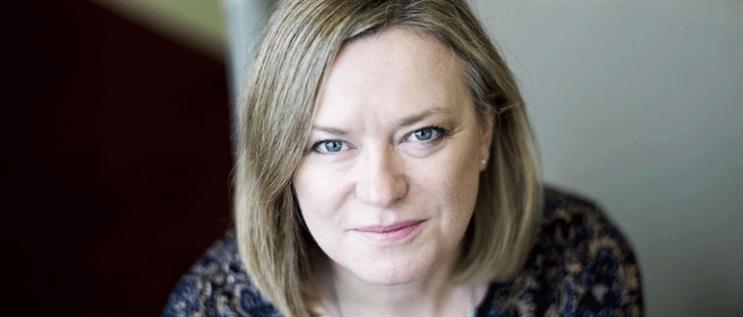The traditional advertising agency model is facing extinction. Don’t take it just from me – I admit freely to a vested interest.
As PepsiCo president Brad Jakeman so aptly declared, "The global alignment agency is a dinosaur concept. I am really worried that this model is not going to bend, it's going to break if we don't really think about how to innovate."
Jakeman is not alone in his concerns over the effectiveness of the existing agency model. In a recent industry survey just 8% of marketers said they were "very satisfied" with their agencies.
It’s a statistic that resonates with former Havas chief David Jones, who recently exited the traditional industry ecosystem to set up the brand tech group You and Mr Jones. He predicts the current agency model will become obsolete, declaring that while clients are happy to pay for a big idea, they are not so keen on paying for 15,000 agency staff around the world.
It’s a fair point, but perhaps more interesting is the fact that being agile, disruptive and lean are mantras that have been embraced by the advertising industry as the key pillars of success in the midst of unprecedented digital transformation.
The current agency model will become obsolete... while clients are happy to pay for a big idea, they are not so keen on paying for 15,000 agency staff around the world.
Yet the industry has remained remarkably static and its structures, processes and time-consuming bureaucracy are increasingly out of step with the needs of the businesses they serve.
So rather than simply debating whether the traditional advertising agency model is fit for purpose (it isn't), a growing tranche of brands, businesses and media owners are refocusing and re-building from the ground up.
Marketers seeking to super-charge both their brands and their careers are increasingly questioning what business benefit there is in letting go of your strongest asset.
To meet this challenge, more and more brands are embracing in-sourcing. The latest survey from the Association of National Advertisers in the US reveals that 58% of brand owners are setting up in-house offerings in a bid to be more agile.
This shift is also visible amongst media owners who are beginning to take their content creation capabilities in-house. News UK has formed Pulse Creative, an effort at an in-house model with a consortium of WPP agencies. Elsewhere, CNBC recently brought its content creation and data teams into a single unit called CNBC Catalyst to work as a full service in-house commercial agency for clients.
The latest survey from the Association of National Advertisers in the US reveals that 58% of brand owners are setting up in-house offerings in a bid to be more agile.
I’d argue both these models take clients only part of the way there. It’s hard to let go of your disparate parental structures, agendas, goals – and no doubt P&Ls – even when you’re removed from it.
The bigger challenge is dismantling these Chinese walls further and trusting one agency to put its people next to yours to generate truly collaborative and genuinely effective solutions.
Granted, collaboration is one of the most over-used words in marketing, but it lies at the heart of removing the physical and metaphorical barriers between agencies and clients.
At Oliver this is our core focus. We go in house. Working with one seamless process, embedding ourselves within our clients’ brands and culture, and by developing strong collaborative relationships day in day out, is, for us, at the heart of being able to deliver a truly on-demand service.
The shift to in-sourcing creativity and placing collaboration at the heart of the business isn't about embracing a new metric, digital platform or data point. It is the power of many minds working together. In our always-on, digitally-driven universe, nothing stands still and the traditional agency model is guilty of doing just that.
So rather than attempting to breathe life into an old model, isn't it time marketers start to create their own?
Sharon Whale is chief executive officer at Oliver Group UK


